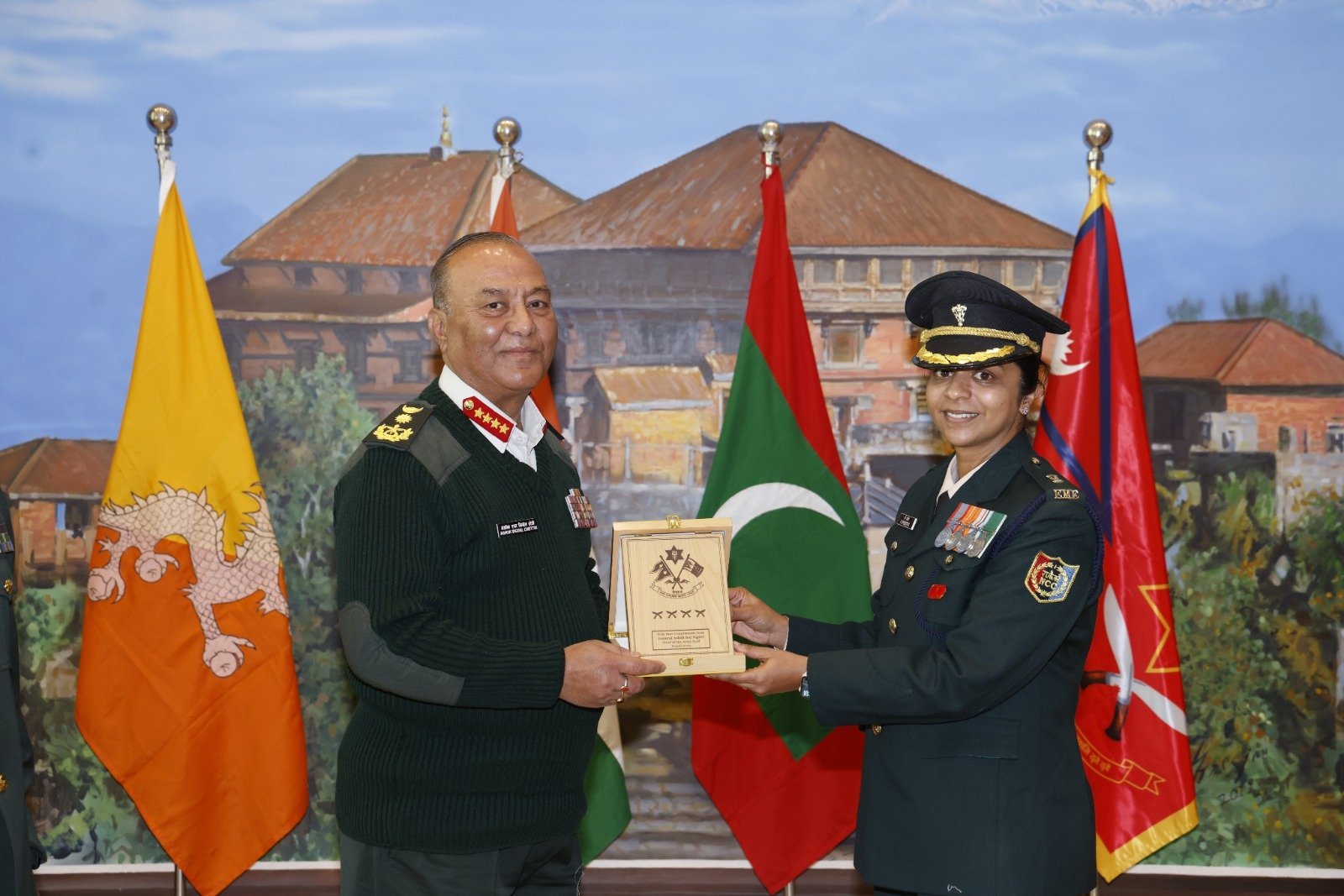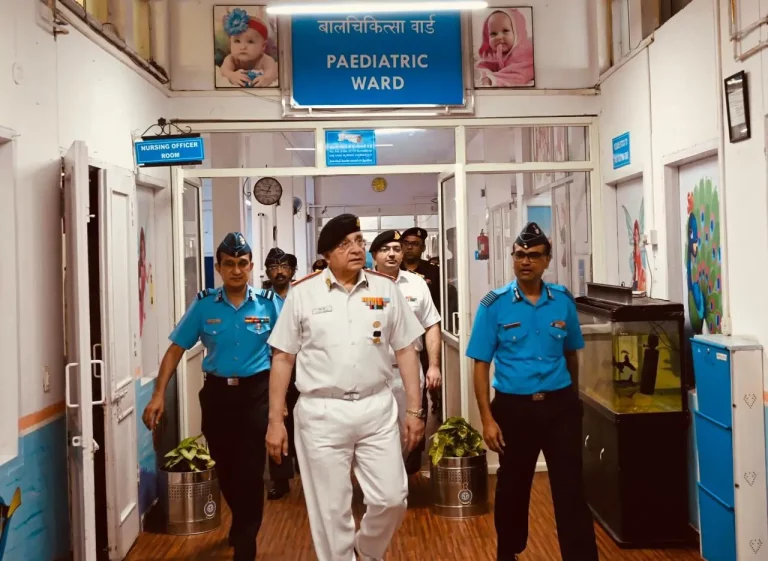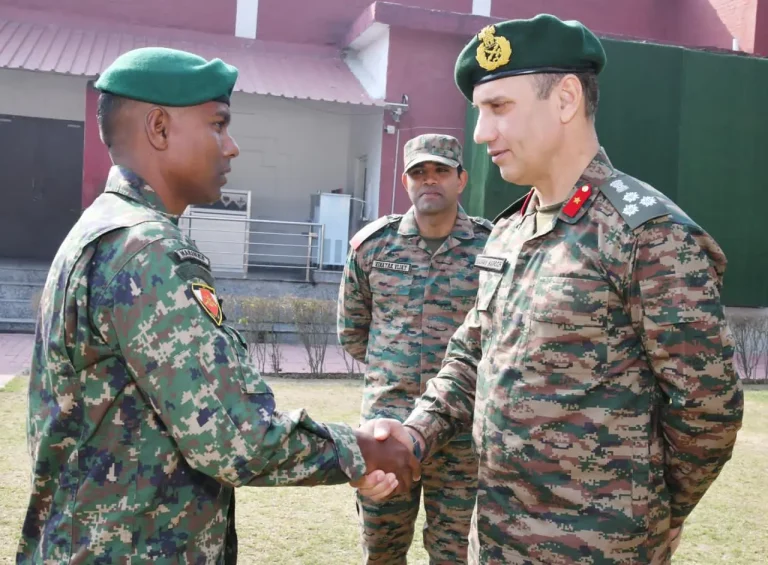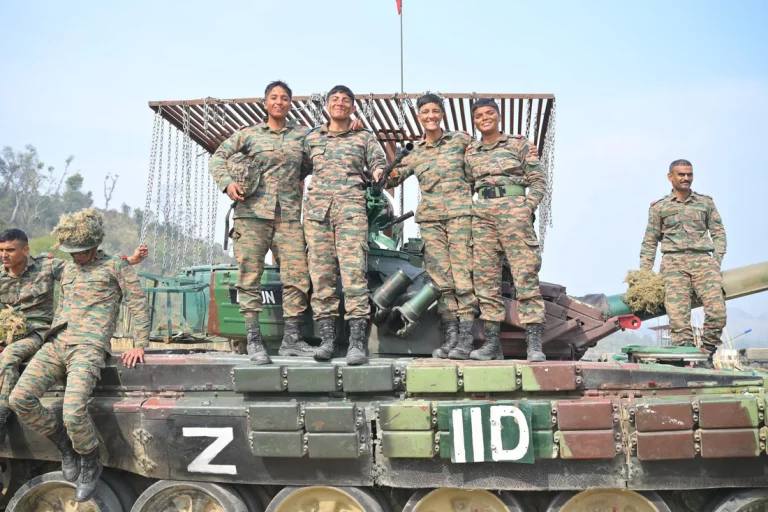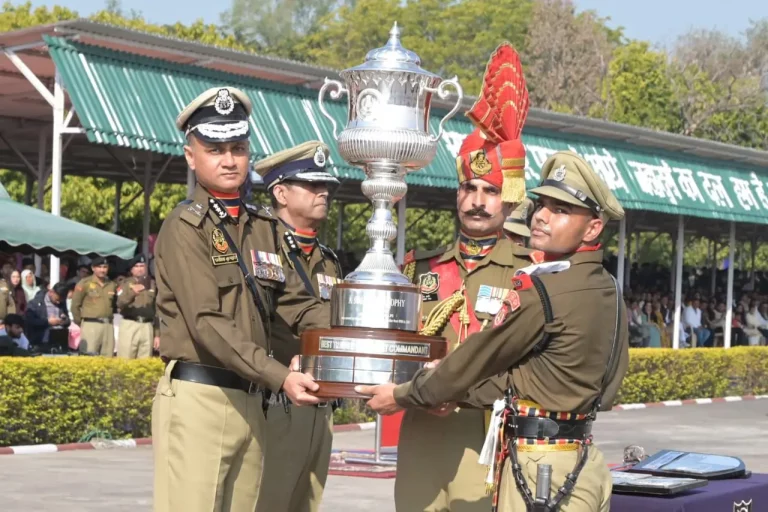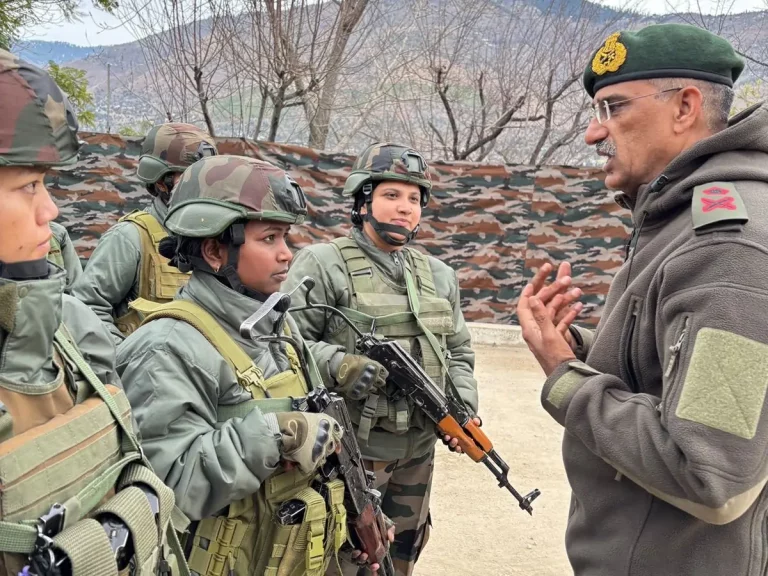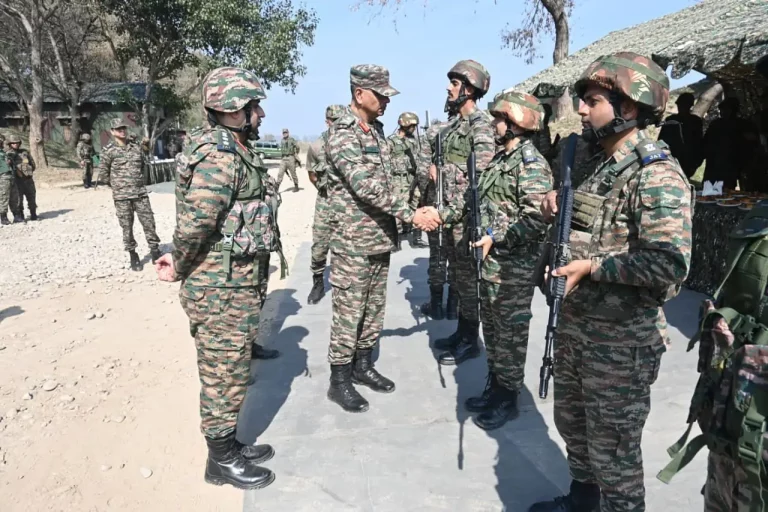In a notable development under the India-Nepal Youth Exchange Program, National Cadet Corps (NCC) cadets from India had the opportunity to engage in a series of activities designed to promote bilateral ties, cultural understanding, and military camaraderie during their recent visit to Nepal.
The program served as an excellent platform for the cadets to meet and interact with the Chief of Army Staff of the Nepal Army, allowing them to gain valuable insights into Nepal’s military heritage. This engagement emphasized the importance of collaboration and shared experiences in nurturing robust relationships between the two neighboring countries.
As part of their visit, the cadets explored the Army Museum, where they were given a glimpse into the rich tapestry of Nepal’s military history and its significant contributions to regional security. This experience not only educated them about Nepal’s past but also instilled a sense of respect for the service and sacrifices made by those in the armed forces.
The cadets also participated in cultural immersion by visiting the Swayambhunath Temple, a UNESCO World Heritage Site and one of Nepal’s most revered spiritual landmarks. This excursion allowed them to experience the vibrant cultural traditions of Nepal, fostering a deeper appreciation for the country’s rich history and traditions.
In a gesture of goodwill and friendship, the Nepal Army hosted a grand cultural program and a dinner, coinciding with the festivities of Mahashivratri and Nepal Army Day. This event was not only a celebration but also a testimony to the strong ties of heritage, leadership, and cooperation that define the relationship between India and Nepal. The atmosphere was filled with camaraderie as cadets from both nations engaged in cultural exchanges and shared their experiences.
The Youth Exchange Program plays a vital role in enhancing mutual respect and understanding among the youth of India and Nepal. By bringing together young leaders from both countries, the initiative lays the groundwork for future diplomatic and defense relations, fostering strategic ties that are crucial for regional stability and cooperation.
Through such enriching exchanges, participants are encouraged to grow into advocates of peace and friendship, bridging gaps and ensuring that the legacy of collaboration continues for generations to come.
